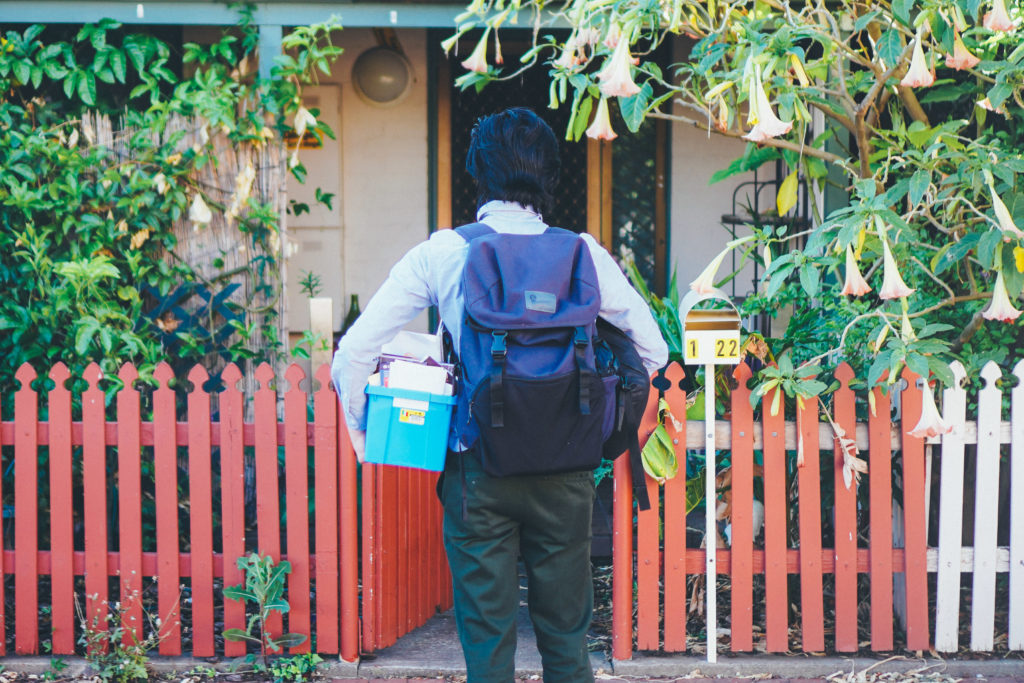If you’ve moved to Australia to study or are planning to, it’s important to understand how the rental market works – particularly since it’s currently experiencing several challenges. This article will walk you through some of the most important matters you may encounter as a renter in today’s accommodation market so you can better understand your rental rights in Australia.
Lease renewals
A lease renewal is an agreement between a landlord and a tenant to extend the terms of a current lease for an additional period of time (often 12 months). The process may involve negotiating new terms and conditions, such as rent amount and the length of the lease.
The new lease renewal agreement must be signed by both the tenant and the landlord (and/or agent or property manager) and should outline any new conditions. As a tenant, you should also receive your lease renewal agreement at least 60 days before the current lease is due to end so that you have time to consider whether you want to renew the lease or move out.
Importantly, tenants are not responsible for any lease renewal fees; these are the responsibility of the owner. As a result, you should not be charged a lease renewal fee by the landlord or agent; if you are, you should seek support from the tenant rights body in your state or territory.
Rent reviews and rent increases
In Australia, when a lease is renewed, it’s extremely common to see rent increases, particularly at the moment. Generally, there is no limit on how much a landlord can increase your rent, but there are restrictions around how often they can do it and how much notice they must provide.
Most states and territories only allow landlords to increase rent once every 12 months at the most. They must provide 60 days’ written notice to the tenant so they can decide if they’d like to stay or move out.
However, rent increase laws differ by state, and there are some variations to the rules outlined above. For example, in the ACT, landlords don’t have to give 60 days’ written notice, and in Queensland, landlords are allowed to increase rent every six months. For these reasons, you should check the government website of your state or territory to learn more.
Rental bidding
Rental bidding involves prospective tenants competing for a property by offering an amount higher than the asking price. Importantly, it is actually illegal for property managers to facilitate or encourage this – most recently, it was made illegal in NSW in 2022. The prohibition of rental bidding aims to create a fairer rental market for everyone so that everyone can find an affordable place to live.
Breaking a lease
As a tenant, you do have the right to break a lease (in other words, end your lease early), but there are usually significant costs associated with this so you must think carefully before you do.
First, you need to know how to break a lease. Typically, you must give at least 14 days’ written notice, but the more notice you give, the better for everyone involved! Your lease agreement should contain all the information you may need about breaking the lease.
There’s no set fee for breaking a lease in Australia, but you might be responsible for costs including reasonable re-letting costs, reasonable advertising costs (if incurred) and compensation for loss of rent (until a new tenant is found or until the end date of the agreement, whichever happens first). However, the landlord must take all reasonable steps to re-let the premises and cannot claim rent from you for any period after the property is re-let.
You might also be wondering if a landlord can break a lease. Typically, landlords cannot break a fixed-term lease except under very specific circumstances (such as if the tenant breaks the terms of the lease agreement). If they want to end your fixed-term agreement on its end date (rather than renewing it), they must give you written notice, usually of at least 30 days. If they want to end a periodic lease at any time, they must give at least 90 days’ notice.
Learn more about your tenant rights
For more information on your rights as a tenant (including state-specific tenant rights), check out your local tenants’ rights body:
- ACT – Tenants’ Advice Service
- NSW – NSW Fair Trading and Tenants Advice & Advocacy Services NSW
- NT – Tenants Advice Service and Consumer Affairs Northern Territory
- QLD – Tenants Queensland and Residential Tenancies Authority
- SA – Consumer and Business Services (CBS) and RentRightSA
- TAS – The Tenants’ Union of Tasmania and Consumer Affairs and Trading
- VIC – Consumer Affairs Victoria
- WA – WA Department of Commerce and Tenancy WA





